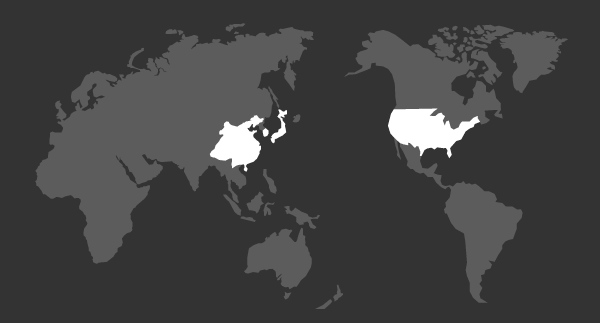|
After the Panmunjom meeting between President Trump and Chairman
Kim Jong Un, there has been a downturn in the South Korea-Japan
relations continue to deteriorate due to a series of events including
Japan’s export restrictions on three Korean semiconductor materials,
South Korean Supreme Court ruling on forced labor victims, and bilateral
trade disputes. Professor Park Jung-jin of Tsuda University contends that
"while the economic impact of Korea’s removal from Japan’s trade
whitelist is still undetermined, it is clear that it will cause changes to the
security environment." He argues that South Korea needs to heed to
Japan’s new policy on the Korean Peninsula under the Abe
administration, which advocates for a hard-line stance toward South
Korea while pursuing dialogues with North Korea. Furthermore, he
asserts that "progress in DPRK-Japan diplomatic relations is no longer
contingent upon that of inter-Korean relations," and that South Korea
needs to devise a strategy that accounts for a new Korea-Japan
relationship and inter-Korean peace regime. [Read Commentary]
|



